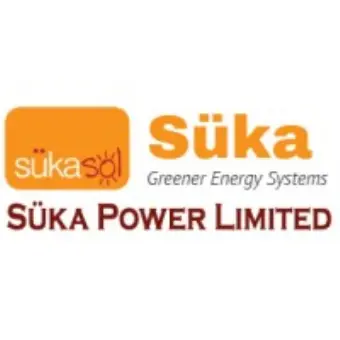Electrical Installer

Suka Group
- Assemble, install, test, and maintain electrical or electronic wiring, equipment, appliances, apparatus, and fixtures, using hand tools and power tools;
- Connect wires to circuit breakers, transformer, or other components;
- Diagnose malfunctioning systems, apparatus, and components, using test equipment and hand tools, to locate the cause of a breakdown and correct the problem;
- Direct and train worker to install, maintain, or repair electrical wiring, equipment, and fixtures;
- Inspect electrical systems, equipment, and components to identify hazards, defects, and the need for adjustment of repair, and to ensure compliance with codes;
- Maintain current electrician’s license or identification car to meet governmental regulations;
- Plan layout and installation of electrical wiring, equipment and fixtures, based on job specifications and local codes;
- Repair or replace wiring, equipment, and fixtures, using hand tools and power tools;
- Test electrical systems and continuity of circuits in electrical wiring, equipment, and fixtures, using testing devices such as ohmmeters, voltmeters, and oscilloscopes, to ensure compatibility and safety of systems;
- Confer with customers and engineers to assess equipment needs and determine system requirements;
- Develop, present, or respond to proposal for specific customer requirements, including request for proposal responses and industry-specific solutions;
- Diagnose problems with installed equipment;
- Plan and modify product configurations to meet customer needs;
- Prepare and deliver technical presentations that explain products or services to customers and prospective customers;
- Provided technical and non-technical support and services to clients or other staff members regarding the use, operation, and maintenance of equipment;
- Recommend improved materials or machinery to customers, documenting how such changes will lower costs or increase production;
- Secure and renew order and arrange delivery;
- Sell products requiring extensive technical expertise and support for installation and use, such as material handling equipment, numerical-control machinery, and computer systems.
- Use a variety of tools and equipment such as power construction equipment, measuring devices, power tools, and testing equipment including oscilloscopes, ammeters, and test lamps.





